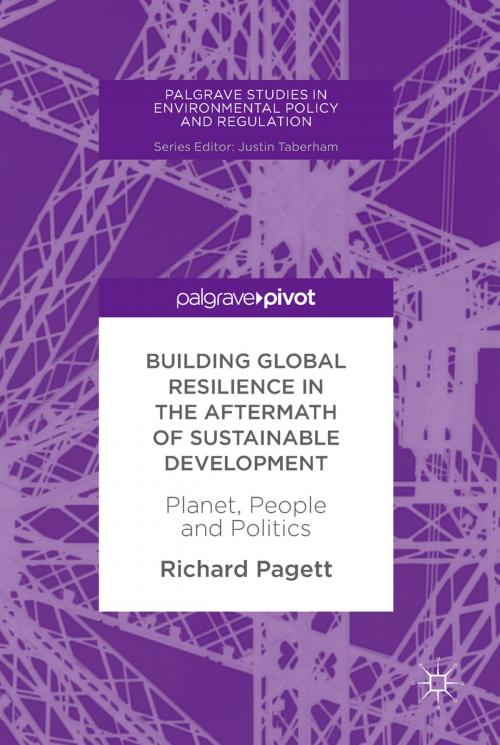Building Global Resilience in the Aftermath of Sustainable Development
Planet, People and Politics
Nonfiction, Science & Nature, Technology, Environmental, Science, Biological Sciences, Environmental Science, Nature| Author: | Richard Pagett | ISBN: | 9783319621517 |
| Publisher: | Springer International Publishing | Publication: | August 4, 2017 |
| Imprint: | Palgrave Macmillan | Language: | English |
| Author: | Richard Pagett |
| ISBN: | 9783319621517 |
| Publisher: | Springer International Publishing |
| Publication: | August 4, 2017 |
| Imprint: | Palgrave Macmillan |
| Language: | English |
This book explains why the concept of sustainable development needs to be consigned to history. Using examples from around the world, Richard Pagett illustrates how so-called sustainable development has simply been a cul-de-sac, condemning millions to continuing extreme poverty.
Building Global Resilience in the Aftermath of Sustainable Development highlights the futility of current governance systems in meeting modern day global challenges. It also explains the changes that are necessary for a more just and equitable economic societal model, with planetary limits at its core, to further the resilience of communities and society at large. These changes are crucial to confronting the existential threats posed by climate change, resource depletion and overpopulation.
This book will be of particular interest to practitioners of environmental management and to anyone concerned for the future of the planet.
This book explains why the concept of sustainable development needs to be consigned to history. Using examples from around the world, Richard Pagett illustrates how so-called sustainable development has simply been a cul-de-sac, condemning millions to continuing extreme poverty.
Building Global Resilience in the Aftermath of Sustainable Development highlights the futility of current governance systems in meeting modern day global challenges. It also explains the changes that are necessary for a more just and equitable economic societal model, with planetary limits at its core, to further the resilience of communities and society at large. These changes are crucial to confronting the existential threats posed by climate change, resource depletion and overpopulation.
This book will be of particular interest to practitioners of environmental management and to anyone concerned for the future of the planet.















